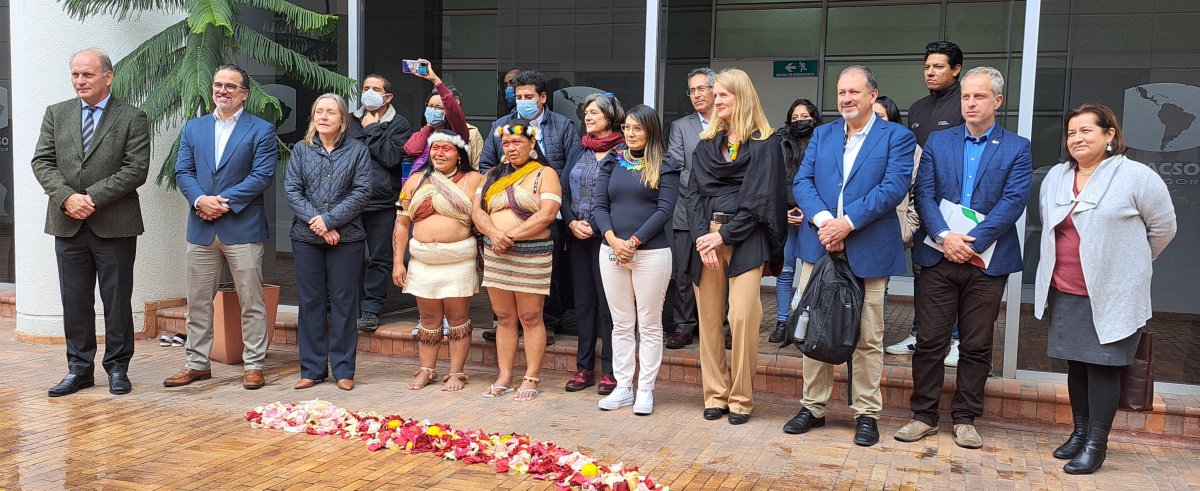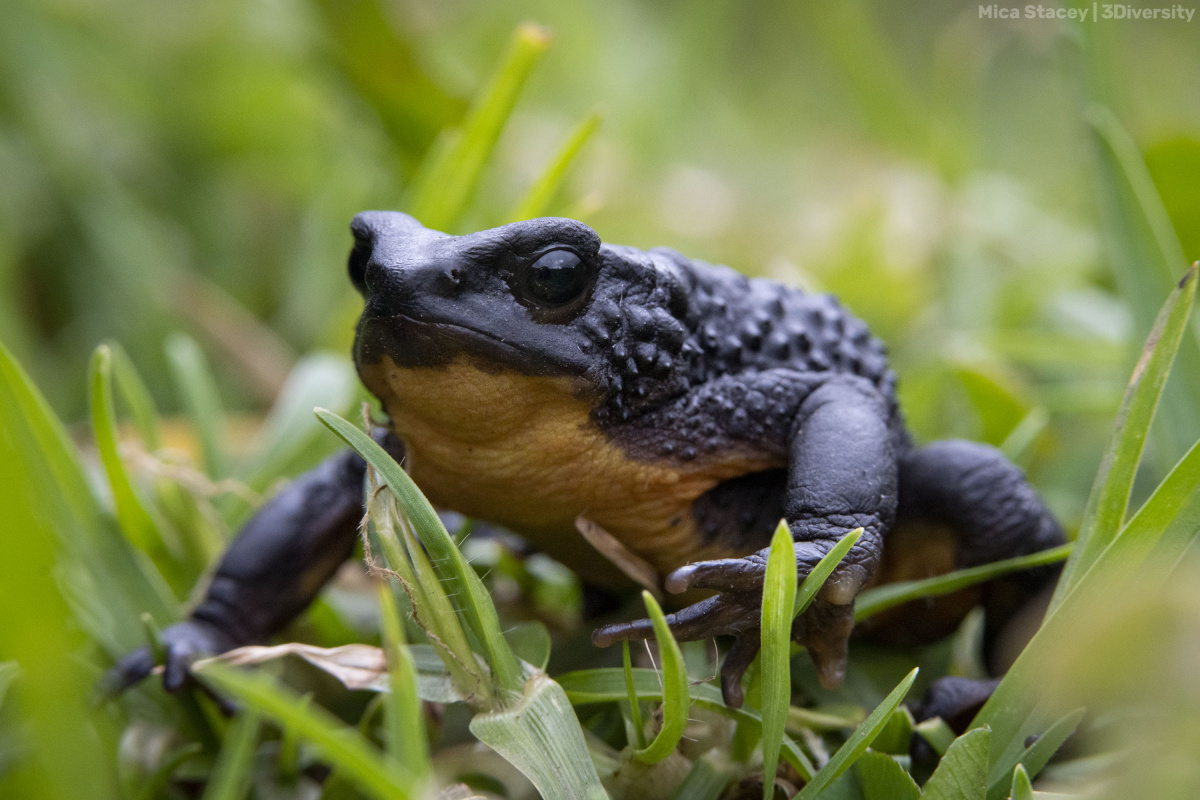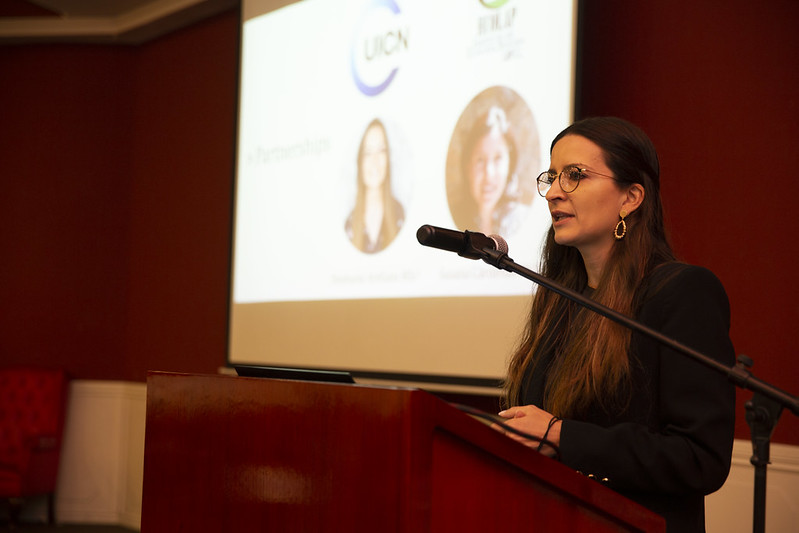IUCN and Sakhalin Energy renew their commitment to protect western gray whales
An independent scientific panel created to protect critically endangered western gray whales in the Russian Far East will continue to monitor activities and provide recommendations to industry in the region for the next five years, according to IUCN.

Western gray whale in Sakhalin
Photo: Yuri Yakovlev
For the last 12 years, the IUCN-led Western Gray Whale Advisory Panel (WGWAP) has been providing objective independent advice to Sakhalin Energy and other actors on the conservation of these whales and the marine habitat where they feed each summer and autumn off Russia’s Sakhalin Island, just north of Japan.
Under a new agreement signed between IUCN and Sakhalin Energy for 2017-2021, the Panel will continue to advise how the company can reduce its impacts on the whales and their habitat.
Specificially, the Panel will focus on providing advice related to:
- Sakhalin Energy’s Monitoring and Mitigation Programme for its next seismic survey;
- the Sakhalin Energy’s implementation of the International Finance Corporation’s Performance Standards on Environmental and Social Sustainability in relation to the western gray whales and their habitat;
- the joint Sakhalin Energy/Exxon Neftegas programme for gray whale research and monitoring;
- updating and revision of Sakhalin Energy’s Marine Mammal Protection Plan; and
- the International Whaling Commission’s work on gray whales.
In the twentieth century, gray whales (Eschrichtius robustus) in the western Pacific were seriously over-exploited by commercial whaling to the point where, for a time, they were suspected of being extinct. Then a small population was discovered off Sakhalin Island during the 1990s. Today, this population is showing signs of a slow recovery – from an estimated 115 whales in 2004 to 174 in 2015.
A recent joint IUCN, WWF and IFAW report, WGWAP Stories of Influence, highlighted the business and conservation benefits that have resulted from an effective engagement among scientists, government and non-governmental organisations in the last 12 years.
The report stated: “WGWAP has shown that independent science-based panels can turn arenas of potential conflict into spaces for cooperation and even collaboration, and help companies in any sector reduce their impact on ecologically sensitive areas or vulnerable species.”
However, it also noted that further involvement and cooperation between the Panel and other actors in the region – including oil and gas operators and fisheries – is critical to ensure the long-term protection of the whales.
All of the Panel’s recommendations and reports are publicly available on its website.



